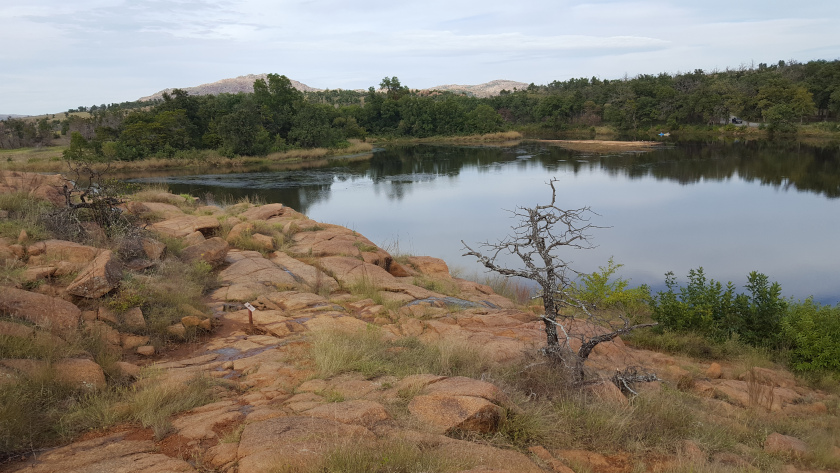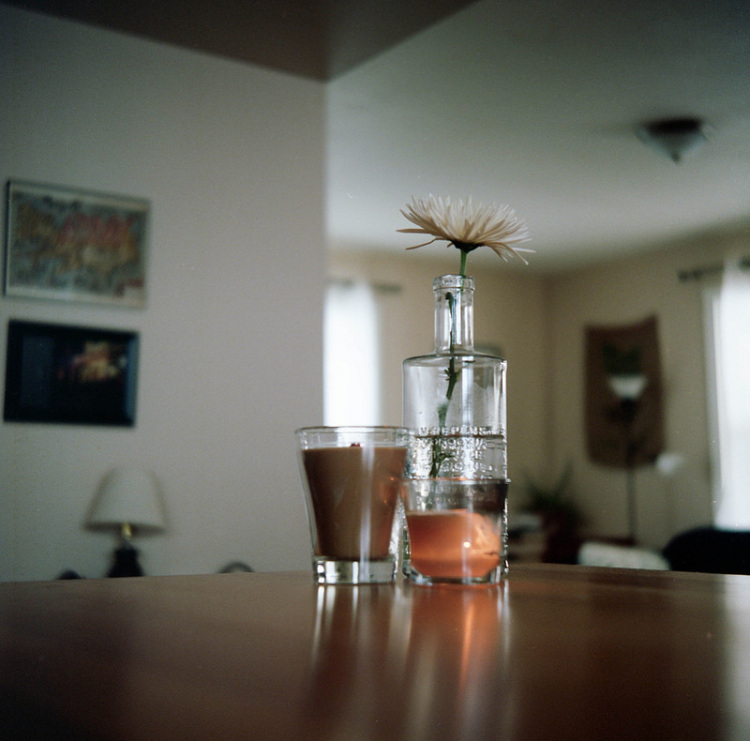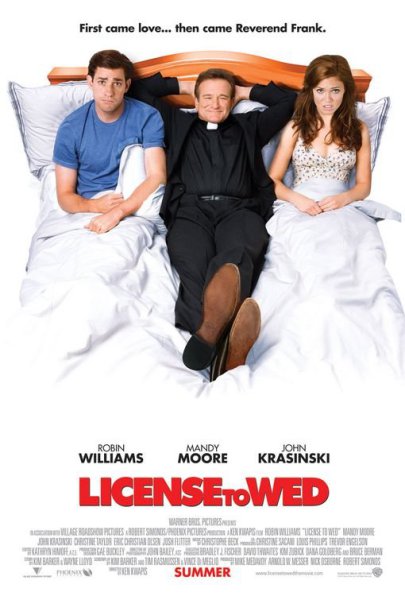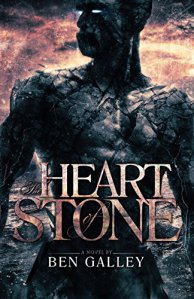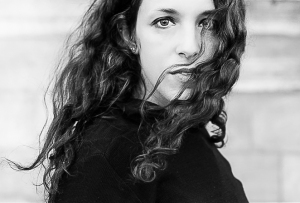
As part of my feature on the Republic of Consciousness Prize for Small Presses I invited publishers and authors whose books were selected for the longlist to answer a few questions or write a guest post for my blog. Today I am delighted to welcome Ariana Harwicz, author of Die, My Love.
My thanks to Carolina Orloff from Charco Press for translating my questions and Ariana’s answers.
1. Can you tell my readers a little about yourself and your background?
I always say that I was born when I wrote Die, My Love. Before then, I was alive, in the same way that everybody is alive, yet for me that is not really being alive. I had recently had a baby, I had moved to live in the countryside next to a forest. I would watch the thunderstorms, I would go horse-riding, but that was not life for me. And then I wrote Die, My Love, immersed in that desperation between death and desire. Die, My Love comes from that. I wasn’t aware I was writing a novel. I was not a writer, rather, I was saving myself, slowly lifting my head out of the swamp with each line.
2. Can you tell us about Die, My Love?
I think I’ve said it all before, but if I had to add something, I’d say that in addition to being a novel, it is also a mournful poem, a song, a sonata by Schubert or Rachmaninov mixed with ‘Stronger than me’ by Amy Winehouse. I believe that this story about a woman who is apparently foreign, who doesn’t speak the local language, who gets corrected when she talks, married to a man born in the country and with a newborn son, plus a lover who lives nearby with his wife, is a molotov cocktail. This is the story of a woman faced with two possible fates: being a mother/wife/lover or walking the riskier, marshy path of simply Being.
3. What inspired the book?
Motherhood as a form of prison, a trap, an ordinary destiny. Writing the novel was a chance to escape that.
4. George RR Martin has said there are two types of writers – the architect, who plans everything in advance, and the gardener, who plants an idea and allows it to develop organically. Which are you?
Without a doubt, I am the second kind of writer, a gardener, not at all disciplined. I don’t plan anything in advance, for me that would be comparable to trying to plan a kiss, a certain look, the shot of a gun. No, that’s not how I write. There may be a tone, a universe, a given violence before the writing begins, but then the novel has to be lived. You have to be brave enough to live through it and see what happens.
5. What is your favourite part of being a writer?
It is not a matter of having a favourite part but rather the crucial difference between a life with writing and a life without. Being a writer allows you to live more, to live twice, to live always on two different stages. It is a fatality rather than a choice.
6. And your least favourite?
Nothing.
7. Do you enjoy social media?
I post literary texts, some comments on literature, but all in all social media seems to me to be politically useless. It is the weapon given to you by the system that you are out to criticise. It is like drinking water from the enemy’s hands, or ranting and raving in the owner’s mansion. It seems to me that providing a space for the most rebellious to complain as long as they do it within the system’s language restrictions and general terms and conditions, is a cynical and very smart gesture.
8. Do you seek out reviews of your books?
It depends. Whether I do or not, I am always interested in the reader. The reader is everything, is a sacred figure, is the one who will tell me whether what I write is dead or alive.
9. What do you do when you wish to treat yourself?
I go for a drive out into the woods where there are no speed control cameras!
10. What books have you read and enjoyed recently?
The Diaries of Emilio Renzi by Ricardo Piglia,
Castle to Castle by Louis-Ferdinand Céline,
Under the Volcano by Malcolm Lowry.
11. Who would you like to sit down to dinner with, real or from fiction?
With Frank Sinatra so that he sings while we eat, or with Gerard Depardieu, even though I am sure he’d try and get me drunk.
12. What question has no interviewer asked that you wish they would?
What would I be willing to do in order to write?
Thank you Ariana for providing such interesting answers to my questions. You may follow Ariana on Twitter: @ArianaHar
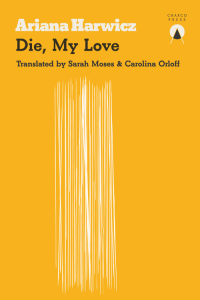
Click on the book cover above to find out more about Die, My Love.
Keep up with all the news on The Republic of Consciousness Prize for Small Presses by following on Twitter: @PrizeRofc
Advertisements Share this:
